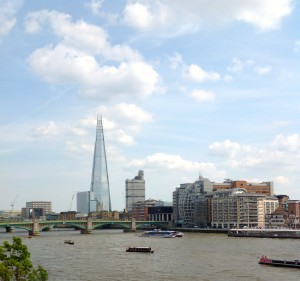United States’ law defines a Gag Order as “a judge’s order prohibiting the attorneys and the parties to a pending lawsuit or criminal prosecution from talking to the media or the public about the case. The supposed intent is to prevent prejudice due to pre-trial publicity which would influence potential jurors.,
Since 1976, when use of this law became more prominent, there have been a multitude of cases in which the order has been enacted.
In Peterson v California, the case in which Peterson was tried for the murder of his wife, Stanislaus Superior Court Judge Al Girolami issued a Gag Order to protect the safety of the defendant.
In Hallowich v Range Resources (Court of Common Pleas of Washington County, Pennsylvania), the latter was accused of creating a hazardous environment near the Hallowich’s property through unsafe oil drilling practices (fracking). Although a settlement between the parties was ultimately reached, as condition of the agreement a gag order was issues which prevented not only the Hallowichs from speaking about any adverse results of fracking, but also included their minor children. The children, aged seven and ten at the time, were forbidden to speak about fracking for the rest of their lives. The gag order on the children has since been removed.
To many Americans, the idea of the gag order seems to eviscerate the First Amendment, prevents the public from receiving the proverbial “whole story,” and insults the intelligence of citizens.
Lawrence Jemison, New York resident and security worker at a New York court building says, “The fact that a court can tell me what to say just seems like I live in some other country or something. I can understand if it has to do with my safety or the safety of someone else, but let me make that judgment. If you can trust a person to be in the jury and decide someone’s fate, you should trust them to keep their mouths shut when they have to.”
Apparently across the Atlantic, there is even less trust that citizens or press will “keep their mouths shut” when involved in high profile cases.
In the United Kingdom, the “Super-Injunction” serves as a beefed up version of the gag order. This order states, “In its purest form, a ‘super-injunction’ refers to a legal gagging order which not only prevents the media from reporting the details of a story, but also forbids mention of the existence of the injunction itself.
Although British celebrities primarily use this order, it has also been a tool for British government officials to avoid scrutiny for questionable behavior. London residents in particular are not happy with the concept of the Super Injunction, and many feel that is simply a farce created by the press.
“It’s simply another distraction thrown to us to take away from poor reporting on what is really happening. Reporters can say they are restricted by this “super injunction” and somehow they are absolved from covering the story,” said Amenah Abiola, a university student in London.

